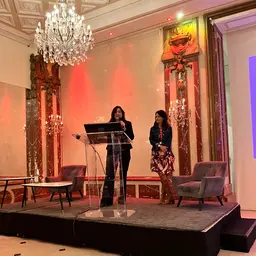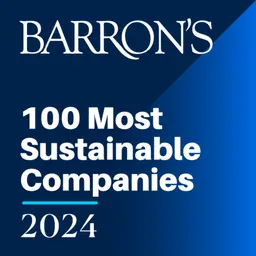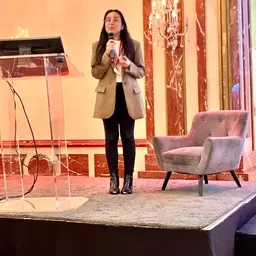
We have been talking about this for quite some time, but one new and particular fact has caught my attention in recent weeks: the Communist Party organised a one-day colloquium on the notion of FabLab(1). For an organization of this type to ask itself this kind of question, the subject still had to be of importance!
Personally, I have been following this question for some time, and I am working more particularly on the idea of installing this type of organization in our professions or our schools, in spite of the difficulties and the ambient indifference; some discussions on this topic at the recent Cosmetagora brought me further proof of it.
But what is a FabLab?
The Fablab program was created by Neil Gershenfield in the late 90s and launched at the MIT Media Lab. He began by exploring how information content refers to its physical representation, and how a community can be made more creative and productive if it has local access to technology. The FabLab lab concept also stems from a very popular course at MIT (MAS.863) called"How To Make (Almost) Anything".
The concept of FabLab (2) (contraction of the English FABrication LABoratory , or FABulous LABoratory), means a workshop composed of computer-controlled machine tools, able to manufacture quickly and on demand goods of varied nature (books, decorative objects, tools, etc.). To be called FabLab, a digital manufacturing workshop must respect the charter set up by MIT. By extension, this definition can be applied to any structure allowing the prototyping of the final product …













